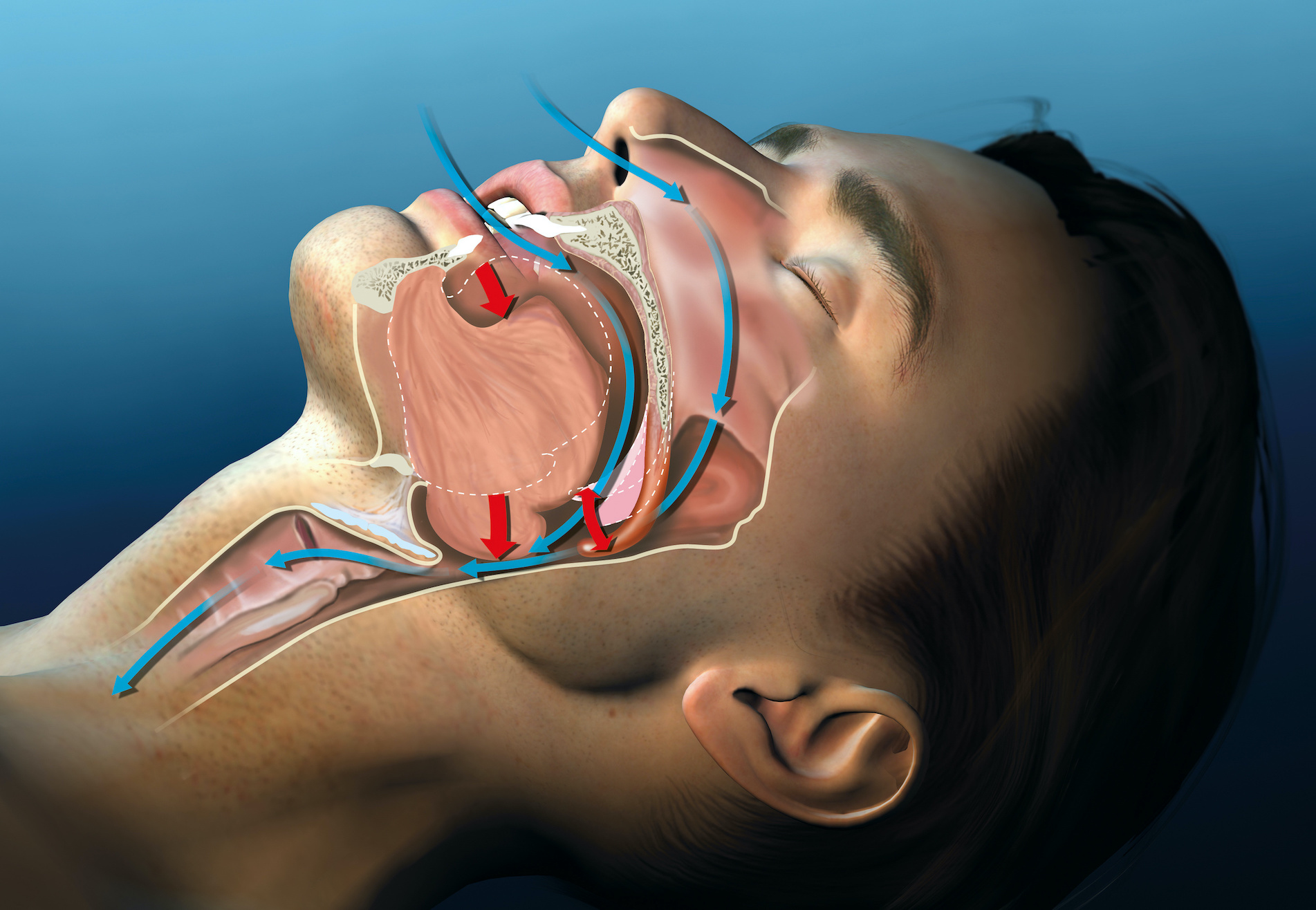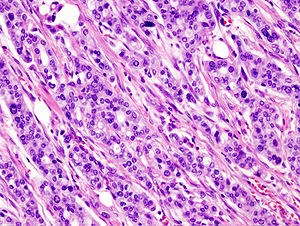Are you or a loved one struggling with central sleep apnea? Do you live in Houston and are seeking the best treatments available at a sleep apnea clinic? If so, you’re in the right place. Central sleep apnea is a serious sleep disorder that requires careful evaluation and treatment. In this comprehensive guide, we will explore the most effective central sleep apnea treatments you can find at a sleep apnea clinic in Houston.
Understanding Central Sleep Apnea
Before delving into the treatments, it’s crucial to understand what central sleep apnea is. Unlike obstructive sleep apnea, which occurs due to the physical blockage of the airway, central sleep apnea is characterized by a lack of respiratory effort during sleep. This means that your brain fails to send the necessary signals to the muscles that control breathing.
Common symptoms of central sleep apnea include:
- Frequent awakenings during the night.
- Shortness of breath.
- Daytime fatigue.
- Difficulty concentrating.
- Mood disturbances.
Effective Central Sleep Apnea Treatments
When seeking central sleep apnea treatments at a sleep apnea clinic in Houston, it’s important to note that the choice of treatment will depend on the severity of your condition, its underlying causes, and your overall health. Here are some of the most effective treatments available:
- Positive Airway Pressure (PAP) Therapy
Positive Airway Pressure therapy is a widely used treatment for central sleep apnea. It involves wearing a mask connected to a machine that delivers a continuous flow of air pressure, ensuring that your airway remains open. PAP therapy can be tailored to address central sleep apnea specifically, using a device known as adaptive servo-ventilation (ASV). ASV devices continuously adjust the air pressure to match your breathing patterns, making it a highly effective treatment option.
- Oxygen Therapy
In some cases, central sleep apnea may be linked to low blood oxygen levels. Oxygen therapy, also known as supplemental oxygen, involves delivering oxygen through a mask or nasal cannula during sleep. This treatment can help maintain adequate oxygen levels in your bloodstream, reducing the frequency of central sleep apnea episodes.
- Medications
Certain medications, such as acetazolamide or theophylline, may be prescribed by sleep specialists to treat central sleep apnea. These medications stimulate breathing or address underlying issues that contribute to the condition. It’s essential to work closely with your healthcare provider to determine the appropriate medication and dosage.
- Adaptive Servo-Ventilation (ASV)
As mentioned earlier, ASV is a specialized form of PAP therapy designed to treat central sleep apnea. ASV devices continuously monitor your breathing and adjust the air pressure to support normal breathing patterns. This real-time adjustment makes ASV an effective treatment for central sleep apnea, particularly in cases where other therapies may not be as successful.
- Lifestyle Modifications
In addition to medical treatments, lifestyle modifications can significantly improve central sleep apnea. These may include:
- Weight loss: Excess weight can contribute to central sleep apnea. Losing weight through a combination of healthy eating and regular exercise can alleviate symptoms.
- Avoiding alcohol and sedatives: These substances can suppress your breathing, worsening central sleep apnea. It’s best to avoid them, especially before bedtime.
- Sleep position: Some people experience fewer episodes of central sleep apnea when sleeping on their side. Using pillows or positional devices can help maintain a side-sleeping position.
- Adaptive Support Ventilation (ASV) Therapy
ASV therapy is a specialized form of PAP therapy that can be highly effective for central sleep apnea. ASV devices are equipped with advanced algorithms that monitor your breathing patterns and provide pressure support as needed. ASV therapy is often recommended for patients with complex sleep apnea who may not respond well to other treatments.
- Bi-Level Positive Airway Pressure (BiPAP) Therapy
Bi-Level Positive Airway Pressure therapy, or BiPAP, is another form of PAP therapy that can be used to treat central sleep apnea. BiPAP machines deliver two different air pressure levels: a higher pressure during inhalation and a lower pressure during exhalation. This dynamic pressure adjustment can help improve the efficiency of breathing and reduce central sleep apnea events.
- Adaptive Phrenic Nerve Stimulation
Adaptive phrenic nerve stimulation is a relatively new treatment option for central sleep apnea. It involves the implantation of a device that monitors your breathing and provides stimulation to the phrenic nerve, which controls the diaphragm. This stimulation helps maintain normal breathing patterns, effectively treating central sleep apnea.
- Surgery
In some cases, surgery may be necessary to treat central sleep apnea, especially if it is associated with anatomical issues. Surgical options may include:
- Inspire therapy: Inspire therapy involves implanting a device that stimulates the hypoglossal nerve to prevent airway collapse during sleep.
- Phrenic nerve stimulation: This surgery involves implanting a device that stimulates the phrenic nerve, similar to adaptive phrenic nerve stimulation mentioned earlier.
- Upper airway surgery: Surgical procedures to address anatomical issues in the upper airway may be considered in some cases.
- Cognitive Behavioral Therapy
Cognitive Behavioral Therapy for Insomnia (CBT-I) is a non-medical approach that can complement other central sleep apnea treatments. CBT-I focuses on changing behaviors and thought patterns that contribute to sleep problems. This therapy can be effective in improving sleep quality and reducing the impact of central sleep apnea on your daily life.
Choosing the Right Treatment for You
Selecting the most appropriate central sleep apnea treatment at a sleep apnea clinic in Houston depends on various factors, including your specific diagnosis, the severity of your condition, and your overall health. It’s essential to work closely with a board-certified sleep specialist who can conduct a comprehensive evaluation and recommend the most suitable treatment plan.
Additionally, it’s vital to consider your preferences and lifestyle when choosing a treatment. Compliance with the prescribed therapy is crucial for its effectiveness, so be sure to discuss any concerns or preferences with your healthcare provider.
Conclusion
Central sleep apnea can significantly impact your sleep quality and overall well-being. Fortunately, a variety of effective treatments are available at sleep apnea clinics in Houston to help you manage and alleviate the condition. Whether you opt for PAP therapy, oxygen therapy, medications, lifestyle modifications, or other advanced treatments like ASV therapy or adaptive phrenic nerve stimulation, the key is to seek guidance from a qualified sleep specialist who can tailor a treatment plan to your unique needs.
If you’re struggling with central sleep apnea, don’t hesitate to reach out to a sleep apnea clinic houston. The right treatment can make a profound difference in your life, helping you achieve restful and restorative sleep. So, take the first step towards a good night’s sleep and improved overall health by seeking professional help for your central sleep apnea.





